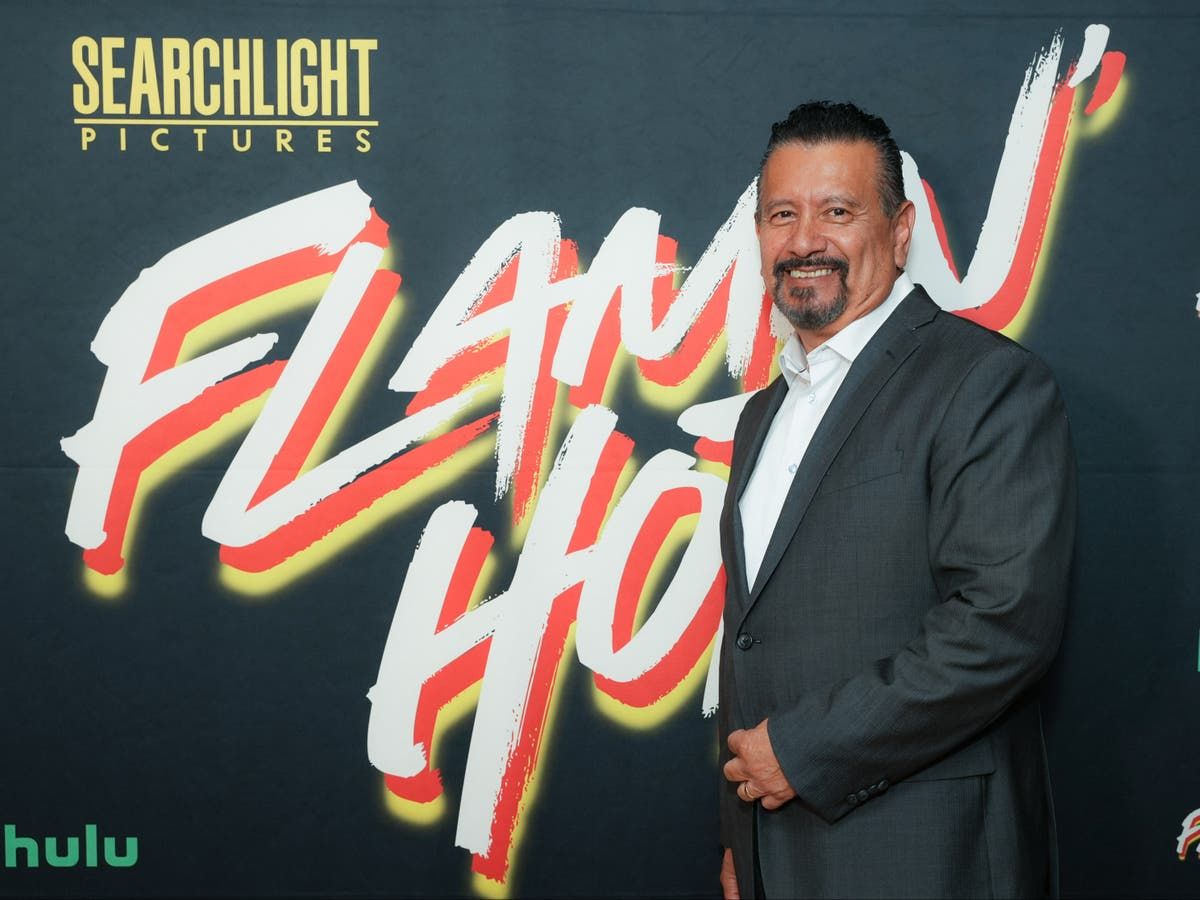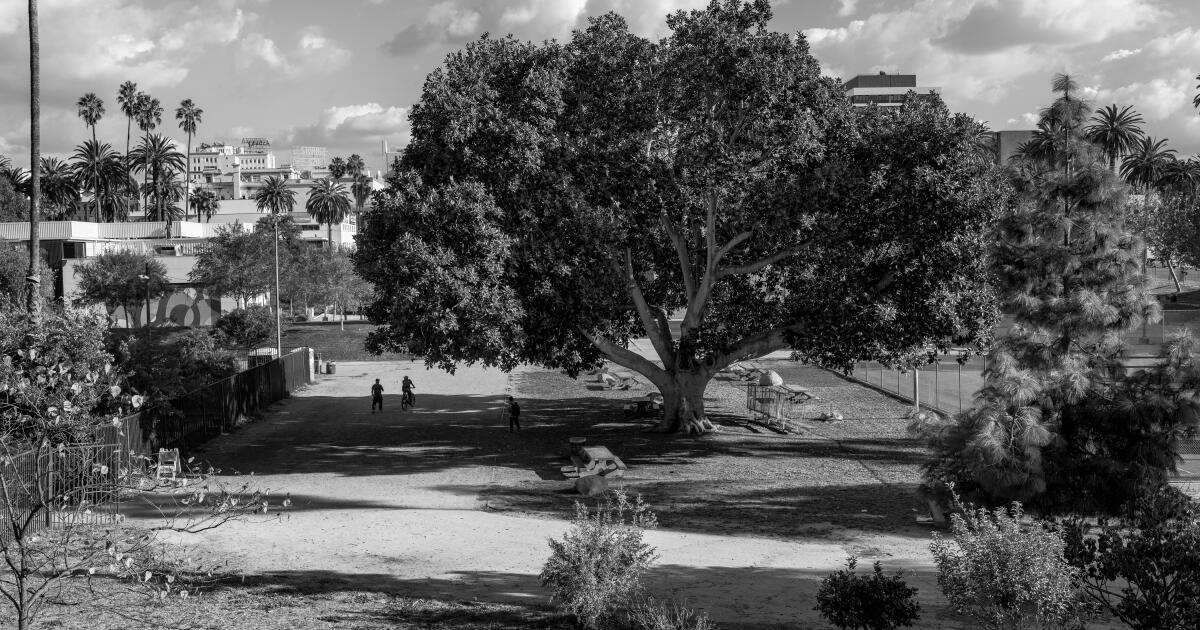Truly support
independent journalism
Our mission is to provide unbiased, fact-based reporting that holds the powerful to account and exposes the truth.
Whether it's $5 or $50, every contribution counts.
Support us in offering journalism without agenda.
A former Frito-Lay janitor has filed a lawsuit against PepsiCo, the snack food company's parent company, for denying that it created its popular Flamin' Hot Cheetos.
Richard Montañez has long claimed that he invented this spicy snack while working at Frito-Lay in Southern California.
His rags-to-riches story earned him a book deal titled Flamin' Hot: The Incredible True Story of One Man's Rise from Janitor to Top Executive and the biopic Flamin' Hot directed by Eva Longoria.
However, Frito-Lay has repeatedly denied that Montañez was involved in the creation of Flamin' Hot Cheetos, going so far as to call his story an “urban legend.”
Now, Montañez has accused the company of engaging in a “smear campaign” against him. In a lawsuit filed July 18 in California Superior Court, the motivational speaker said he is the victim of fraud, racial discrimination, defamation and violations of California’s unfair competition law.
The presentation referred to a 2021 report Los Angeles Times article, in which former Frito-Lay product development employees said that no one could recall Montañez launching a spicy snack that would appeal to the Hispanic community.
According to the Los Angeles Times, Montañez called the article “defamatory” and said the company’s comments have since “had a devastating effect” on his career as a motivational speaker.
Montañez reportedly earned up to $50,000 per conference but lost “numerous partnerships” and saw “a significant decline in bookings” since the article was published, having booked “only four conferences” this year.
“Defendants’ false statements about Mr. Montañez have caused the public and potential business partners to distrust him and his narrative. His livelihood and mental health have been directly affected as a result,” the lawsuit reads.

The lawsuit also details Montañez's account of the creation of Flamin' Hot Cheetos, which included working as a janitor at a Frito-Lay warehouse in Rancho Cucamonga when he envisioned a chili-covered Cheeto.
In his memoir, published in 2021, Montañez claimed he then pitched the idea to Frito-Lay’s “top executives” but was met with resistance from the research and development team as he tried to mass-produce the snack.
“Dissatisfied that Mr. Montañez — a poor, uneducated Mexican plant worker and janitor — had successfully developed a new product, Frito-Lay’s research and development staff completely excluded Mr. Montañez from the development process,” the suit reads. “Only recently has it become apparent that the discriminatory and hostile treatment Mr. Montañez experienced from Frito-Lay’s research and development group was intended to discourage or undermine Mr. Montañez’s development of Hot Cheetos in order to heavily favor the Midwest division’s formula, which was headed by more traditional research and development employees.”
However, Frito-Lay has stated that Los Angeles Times that none of the company's records show that Montañez “was involved in any way in the test marketing of Flamin' Hot.”
“We have interviewed several staff members who participated in the test market, and all of them indicate that Richard was not involved in the test market in any way,” Frito-Lay told the outlet. Instead, the company attributed the idea and name to a junior employee in Texas, Lynne Greenfeld, in 1989. She reportedly contacted Frito-Lay in 2018 after hearing Montañez’s account, prompting an internal investigation.
“I created Flamin’ Hot Cheetos not just as a product, but as a movement and as a loyal executive to PepsiCo,” Montañez said in a press release on July 22. “PepsiCo believed in me as a leader because they knew people would follow me, and they did so because they knew my lifeblood is my community. We built this into a $2 billion industry and I can’t let them take my legacy away or destroy my reputation. I will not allow them to silence me.”
According to the lawsuit, Montañez is seeking a jury trial, damages, restitution and an order restraining PepsiCo and Frito-Lay from claiming that he is not the creator of Flamin' Hot Cheetos. A Frito-Lay spokesman declined to comment on the pending court litigation. Los Angeles Times.
The Independent has contacted Frito-Lay for comment.












